Department Of Ecology Budget And Program Overview 2001-03 Page 36
ADVERTISEMENT
• and re-using construction and demolition
Supporting Local Government Efforts
The state administers local waste reduction,
materials.
• Providing grants for pollution prevention
recycling, and litter pick-up activities through four
grant programs:
initiatives by local governments, trade
• Coordinated Prevention Grants provide
associations, and citizen groups.
• Providing grants for collecting moderate risk
money to local governments for planning
around solid waste and moderate risk waste,
waste from households and small quantity
enforcing solid waste regulations, monitoring
generators, as well as reducing toxicity of the
ground water at landfills, and programs for
waste.
• Providing technical assistance to local
reducing and recycling wastes.
• Remedial Action Grants help local
governments to implement waste and toxicity
governments pay for studying and cleaning up
reduction initiatives.
• Working with industries measuring the
hazardous waste sites. Grants also help local
health districts investigate suspected
progress of pollution prevention plans.
contaminated sites and re-establish safe
drinking water supplies where drinking water
Waste Reduction and Recycling Assistance: The
has become contaminated.
agency provides assistance to establish and
• Public Participation Grants are provided to
operate local recycling programs. This assistance
citizen groups and non-profit organizations to
includes technical information on collecting and
help people participate in the decisions made
processing materials, financial data, legal
at hazardous waste cleanup sites. The grants
mechanisms, marketing options, educational
also provide funding for projects that promote
materials, and relevant policy issues.
proper waste management practices by
citizens and businesses.
Organic Wastes Strategy: Organic wastes
• Litter-pickup Contracts make up 20 percent of
continue to be a major portion of the waste
the Waste Reduction and Litter Control
stream. SW&FAP will examine several portions
Account funds, which are provided to local
of the organic waste stream and the new handling
governments for picking up and preventing
methods used for managing those wastes,
litter in their areas.
including biosolids, composting, wastes from the
agricultural industry, and land application of solid
Litter Control
wastes.
A litter survey completed by the agency in 2000
showed that approximately one-quarter of the
Regulating and Monitoring Pollution
litter in the state is being picked up, including 65
The agency is charged with establishing
tons of cigarette butts, 535 tons of metal, and
environmental regulations for solid waste
additional tons of plastic automotive parts, wood
facilities. Regulatory authorities include
debris, yard debris, beverage containers and more.
overseeing the siting, design, and construction of
The volumes point to the need for prevention, not
solid waste facilities to protect the state’s air,
just pickup.
land, surface, and ground waters.
Litter Prevention: As a result of the data collected
The agency’s Industrial Section manages all
from the litter survey, the agency will be
regulatory requirements for 29 of the state’s
conducting a litter prevention campaign to focus
largest and most complex industrial facilities.
on changing the behavior of major offenders.
The facilities include pulp mills, aluminum
smelters, and oil refineries. Achieving
Ecology Youth Corps (EYC) crews continue to
compliance with state and federal regulations for
pick up tremendous amounts of litter. The
air, water, and waste management is the ongoing
program is now balancing funding for pickup
mission of this group.
Solid Waste and Financial Assistance Program
Page 30
ADVERTISEMENT
0 votes
Related Articles
Related forms
Related Categories
Parent category: Legal
 1
1 2
2 3
3 4
4 5
5 6
6 7
7 8
8 9
9 10
10 11
11 12
12 13
13 14
14 15
15 16
16 17
17 18
18 19
19 20
20 21
21 22
22 23
23 24
24 25
25 26
26 27
27 28
28 29
29 30
30 31
31 32
32 33
33 34
34 35
35 36
36 37
37 38
38 39
39 40
40 41
41 42
42 43
43 44
44 45
45 46
46 47
47 48
48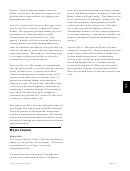 49
49 50
50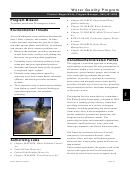 51
51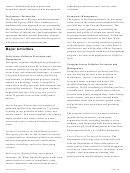 52
52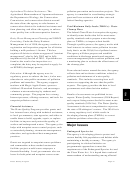 53
53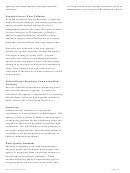 54
54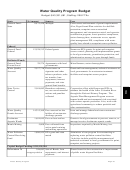 55
55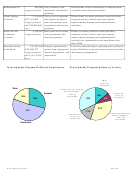 56
56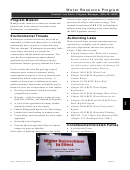 57
57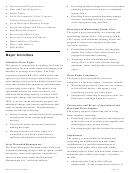 58
58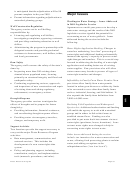 59
59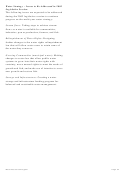 60
60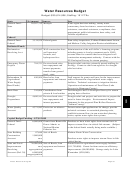 61
61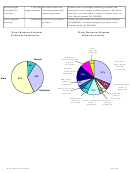 62
62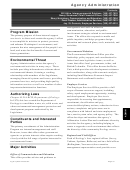 63
63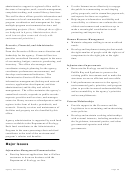 64
64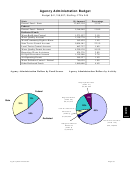 65
65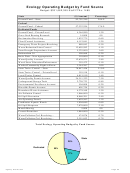 66
66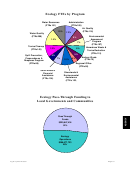 67
67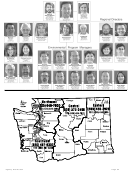 68
68 69
69








